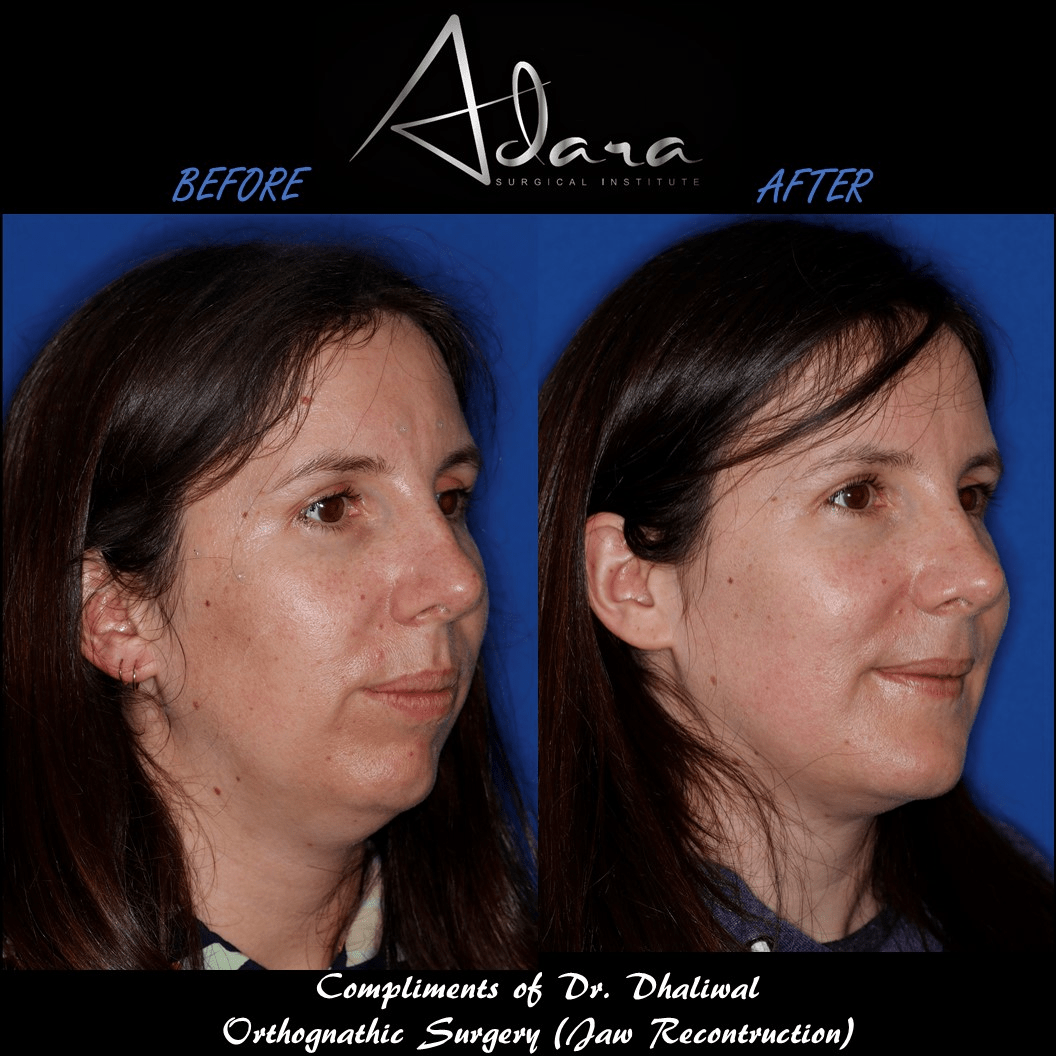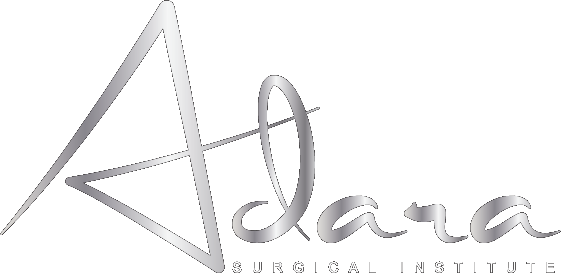Are you constantly struggling with chronic headaches, breathing issues, or perhaps have been diagnosed with obstructive sleep apnea? Do you feel self-conscious about your facial symmetry or have difficulty chewing due to misaligned jaws? If you resonate with any of these concerns, you might be a candidate for corrective jaw surgery.
At Adara Surgical, we understand the significance of jaw surgery and its transformative effects on our patients’ lives.
Keep reading to learn if jaw surgery is really right for you.
What is Jaw Surgery?
Jaw surgery, also known as orthognathic surgery, is a specialized procedure performed by oral and maxillofacial surgeons to address various issues related to the jaws and teeth.
It serves three main purposes: fixing airways, correcting the bite, and improving facial balance.
Who Are the Best Candidates?
The decision to undergo jaw surgery is not taken lightly. It is typically recommended for individuals experiencing a range of issues, including:
Chronic headaches: Misaligned jaws can exert undue pressure on the temporomandibular joint (TMJ), leading to chronic headaches and jaw pain.
Protruding or recessed jaw bone: Abnormal growth patterns of the jaw bone can affect facial aesthetics and function.
Sleep apnea: Jaw surgery can help alleviate obstructive sleep apnea by enlarging the airway and improving breathing during sleep.
Breathing issues: Structural abnormalities in the jaw can impede proper airflow, resulting in breathing difficulties.
Facial asymmetry: Uneven growth of the jaws can contribute to facial asymmetry, affecting one’s appearance and confidence.
Open bite: An open bite occurs when the upper and lower teeth don’t meet when the mouth is closed, causing chewing and speech problems.
Chewing problems: Misaligned jaws can impair proper chewing function, leading to digestive issues and malnutrition.
Injury to the face: Trauma or injury to the jaw may necessitate surgical intervention for restoration.
Birth defects: Congenital abnormalities affecting the jaws may require corrective surgery for optimal function and aesthetics.
What To Expect With Jaw Surgery
Understanding what to expect before, during, and after jaw surgery can alleviate anxiety and prepare you for the journey ahead. In most cases of corrective jaw surgery, the primary issue stems from misalignment of the jaws, which can result in chronic pain, difficulty chewing, and aesthetic concerns.
During the surgical procedure, which is typically performed under general anesthesia, the oral and maxillofacial surgeon will carefully reposition the jaws to achieve proper alignment and balance. This may involve moving the lower jaw forward, backward, or repositioning the upper jaw as necessary. At Adara Surgical, we prioritize precision and safety to ensure optimal outcomes for our patients.
Following jaw surgery, you can expect a period of recovery and adjustment. While individual experiences may vary, here are some common aspects of post-operative care:
Recovery Period: Plan for a recovery period of several weeks to allow your body to heal properly. You may experience swelling, bruising, and discomfort, which can be managed with prescribed medications and cold compresses.
Diet Modifications: Initially, you’ll need to stick to a soft or liquid diet to avoid putting undue pressure on your jaws. As you progress in your recovery, you can gradually reintroduce solid foods as tolerated.
Follow-Up Appointments: Regular follow-up appointments with your surgeon are essential to monitor your progress and address any concerns or complications that may arise.
Physical Therapy: In some cases, physical therapy may be recommended to help restore jaw function and mobility after surgery.
Long-Term Results: While the initial recovery period may require patience and diligence, many patients experience significant improvements in their quality of life in the long term. Properly aligned jaws can alleviate pain, improve chewing function, and enhance facial aesthetics.

Conclusion: Transforming Lives Through Jaw Surgery
Jaw surgery is not merely a cosmetic procedure but a life-changing intervention for individuals struggling with a range of issues related to jaw misalignment. Whether you’re dealing with chronic pain, breathing difficulties, or self-esteem issues, corrective jaw surgery can restore harmony and functionality to your jaws and improve your overall quality of life.
If you’re considering jaw surgery, it’s essential to consult with a qualified oral and maxillofacial surgeon who can assess your unique needs and develop a personalized treatment plan. At Adara Surgical, we specialize in jaw surgery and are committed to providing exceptional care and support throughout your journey to a healthier, happier smile.
Meta Description: Discover if jaw surgery is right for you and learn about the transformative effects of corrective jaw surgery on chronic pain, breathing issues, and facial aesthetics. Consult with Adara Surgical for personalized treatment plans in Issaquah, WA.

